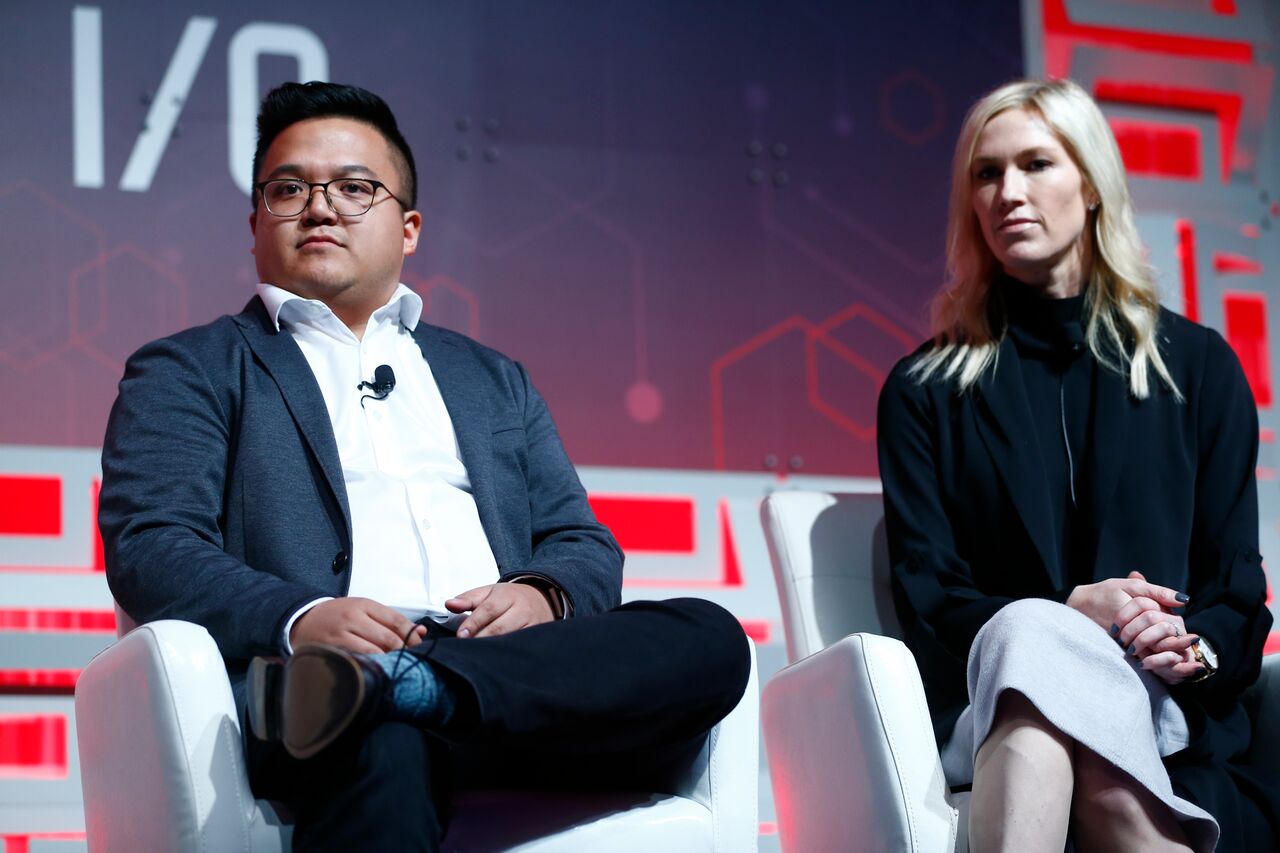
The marketers at T-Mobile and Anheuser-Busch InBev have to support very different businesses. T-Mobile competes in the hotly contested world of US telcos, while AB InBev sells beer around the world.
But both have started bringing aspects of their marketing initiatives in-house, and their respective strategies differ based on their unique marketing needs and where they are in the process.
T-Mobile is in its first phase of in-housing, whereas AB InBev began its journey about three years ago and wants to build its programmatic expertise internationally.
Here’s a look at where each company is today and where each would like to go.
What are they actually in-housing?
T-Mobile isn’t yet at the stage where it’s in-housing programmatic activation – at least not yet. It’s still in its first phase, bringing search – both SEO and SEM – into its lean, in-house marketing department.
“It’s the part of the ecosystem most advantageous in the short term to enhance customer service,” said T-Mobile’s VP of media, Kari Marshall, last week at the Programmatic IO conference. “Not to say we’re not thinking about social and programmatic, but jumping in too quick too soon has backfired on a lot of brands.”
The telco has just started negotiating its own contracts and setting its own terms, so it’s learning rate and payment terms and how data can be used.
Meanwhile, three years into its in-housing journey, AB InBev has taken full control, with its own employees handling all programmatic media activation across display and video. This year, AB InBev started expanding its programmatic discipline beyond the US to 11 new markets.
“It’s an ambitious goal, but it’s a phased journey,” Richard Salazar, the company’s programmatic lead, said at Programmatic IO.
Why are they in-housing?
Cost is always a consideration but it’s not the be-all and end-all. But both Marshall and Salazar caution that saving money shouldn’t be the only consideration.
“It’s very short-sighted for those who just rely on costs as a reason to bring things in-house,” Marshall said.
After all, in-housing is an investment, and T-Mobile now has to think about acquiring and maintaining talent it didn’t have before.
The biggest gain is around increasing marketing effectiveness, where the marketing team can make decisions much more closely aligned with its core business.
Meanwhile, AB InBev is a global company and, in bringing programmatic activation in-house, it hopes to know what’s happening in different corners of the world – without going through multiple intermediaries to find the answer a month later.
This will enable AB InBev to see whether different units are reaching the right business outcomes – such as finding the right audiences, getting the right responses or ensuring they’re hitting the right metrics for fraud, brand safety and viewability, Salazar said.
How do you manage this transformation?
In-housing changes business structures because of the addition of new employees, and it adds new business processes that can be disruptive.
AB InBev gauges whether or not it wants to bring new disciplines in-house by looking at three factors: How will it impact its people and what skills will the company need to develop? Can AB InBev accommodate new processes as the in-house discipline evolves – and how will this evolution affect AB InBev’s working relationship with agency and tech partners? And can AB InBev get the technology to centralize access across all of its global business units?
While AB InBev has a global strategy, it tries to connect with regional or local teams. The global team standardizes measurement and strategies for its market approach, then lets the locall or regional teams, which know local cultures and regulations, execute on that vision.
What role do the agencies have?
Neither T-Mobile nor AB InBev have abandoned their agencies, nor do they intend to.
AB InBev has an agency-of-record relationship with Dentsu Aegis Network across multiple regions. And T-Mobile uses the WPP agencies Essence and Blue 449.
Dentsu Aegis will approach AB InBev with a media plan for achieving its business goals and advise the CPG on what it could or should execute in-house.
“We look to them as the connectors,” Salazar said. “They see the bird’s-eye view of all channels.”
The important part – especially when it comes to budgeting – is making sure the division of labor is clear. AB InBev tries to explain as clearly as possible where it intends to execute and where it wants Dentsu Aegis to consult on strategy.
“Once it was understood that we maintain control over certain disciplines, there was an elevated level of trust in how we’re involved in the consultative processes upfront,” Salazar said. “It’s a trust that is well-deserved and earned over time.”
T-Mobile is also evolving its relationship with its agencies, Marshall said. The telco relies on its partners to “pressure test” its marketing strategy going forward and provide insights that can help guide that strategy.
This post was syndicated from Ad Exchanger.


More Stories
The Best Holiday Ads of 2024
The Year in Ratings: How the Major News Outlets Performed in 2024
Hidden Gems: The 13 Best Ads of 2024 That You Haven’t Seen